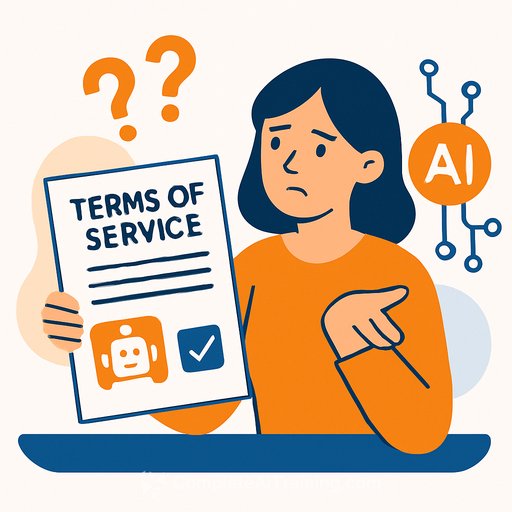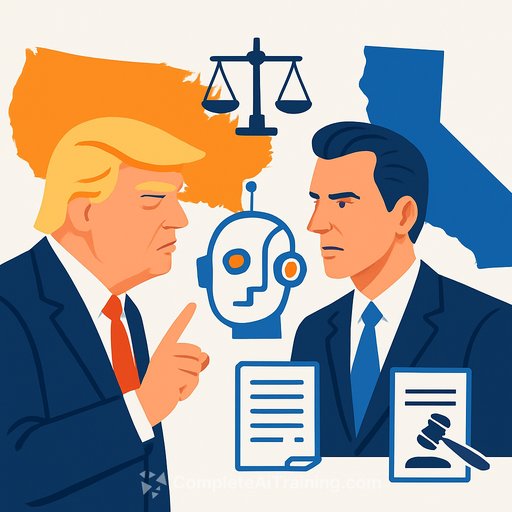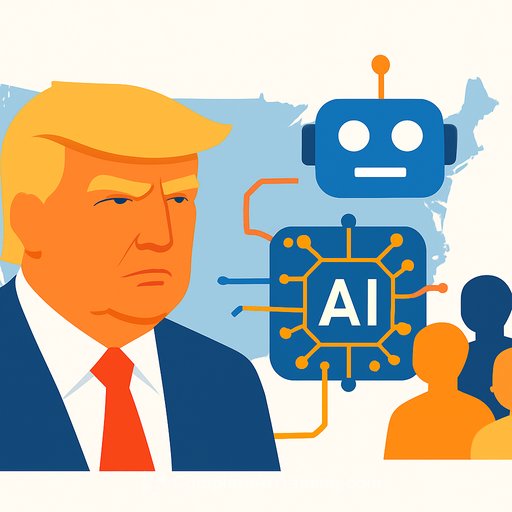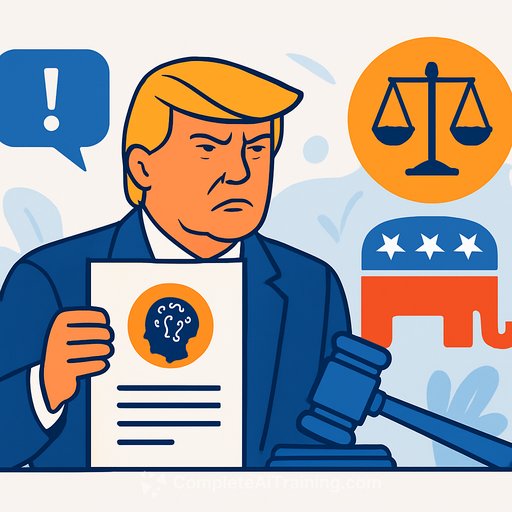The Shift in Online Terms of Service
For years, users largely skipped over the dense legal jargon in online terms of service. But that’s changing fast. Companies like Adobe, Zoom, and CapCut have had to rethink how they present these policies after backlash from users concerned about data use, especially related to artificial intelligence.
At the core of the issue is AI and how platforms might use personal data to power their tools. Missteps in communication can lead to lost trust and reputational harm. Some companies are simplifying language, others are adding visuals to clarify their terms. The challenge is to meet legal requirements while addressing growing user concerns about privacy in an AI-driven environment.
“There is a clear shift in how companies handle privacy policies and terms of use,” says Elizabeth Shirley, a partner who advises on AI, privacy, and security policies. “Transparency and user-friendly mechanisms have become necessary because users demand it and laws are evolving.”
Balancing Act
Data privacy laws dictate what must be included in policies, like consumer rights, reasons for data collection, third-party sharing, and data sources. Over time, these policies have grown longer, but not necessarily clearer. This has sometimes left users confused or suspicious despite technically accurate language.
Kelly Miller from FTI Consulting points out, “When it comes to AI and sensitive data, how companies communicate is as important as what they disclose.”
Companies such as LinkedIn, Zoom, and eBay have faced user backlash and even lawsuits over privacy policy updates. Adobe experienced a social media uproar in 2024 after a routine terms update sparked fears that user data would be used to train AI models. Adobe responded by rewriting its agreement in clearer language and publishing multiple blog posts to reassure customers.
Now, Adobe includes straightforward summaries of policy changes. Nubiaa Shabaka, Adobe’s global chief privacy officer, says, “It’s a balancing act. We want to be transparent and make sure our community understands changes without unintended consequences from legalese.”
Damage Control
Other companies have followed suit. For example, file transfer service WeTransfer issued a blog post titled “What’s really changing” after user concerns about a terms update. CapCut added a detailed page explaining what had and hadn’t changed in their terms following similar feedback.
Increasingly, companies are trying to get ahead of potential backlash by making policies clearer before problems arise. Miller notes that legal, communications, and marketing teams now collaborate to test messaging ahead of release. This can include bullet points, summaries, and visuals to improve understanding.
Jacqueline Babb, an integrated marketing communications expert, emphasizes that terms of service are part of the customer journey. “Marketing and communications need to help craft tone and clarity while preserving the legal message,” she says.
It’s not just complicated legal text that causes confusion. eBay’s chief legal officer Samantha Wellington observed that tech companies often assume users understand AI terminology, which is not the case. “We learned to be very mindful of the language we use,” she said.
This backlash over terms signals one of the first major “AI crises” platforms may face as user fears about AI grow. Babb sums it up: “People who once blindly clicked ‘OK’ are now questioning how AI affects their data. They don’t fully understand AI but know it feels risky, creating a perfect storm.”
For those in legal roles, this shift means revisiting how terms of service are drafted and communicated. Clear, transparent, and user-friendly policies are no longer optional—they’re essential to maintain trust and avoid backlash in an AI-driven landscape.
Your membership also unlocks:






